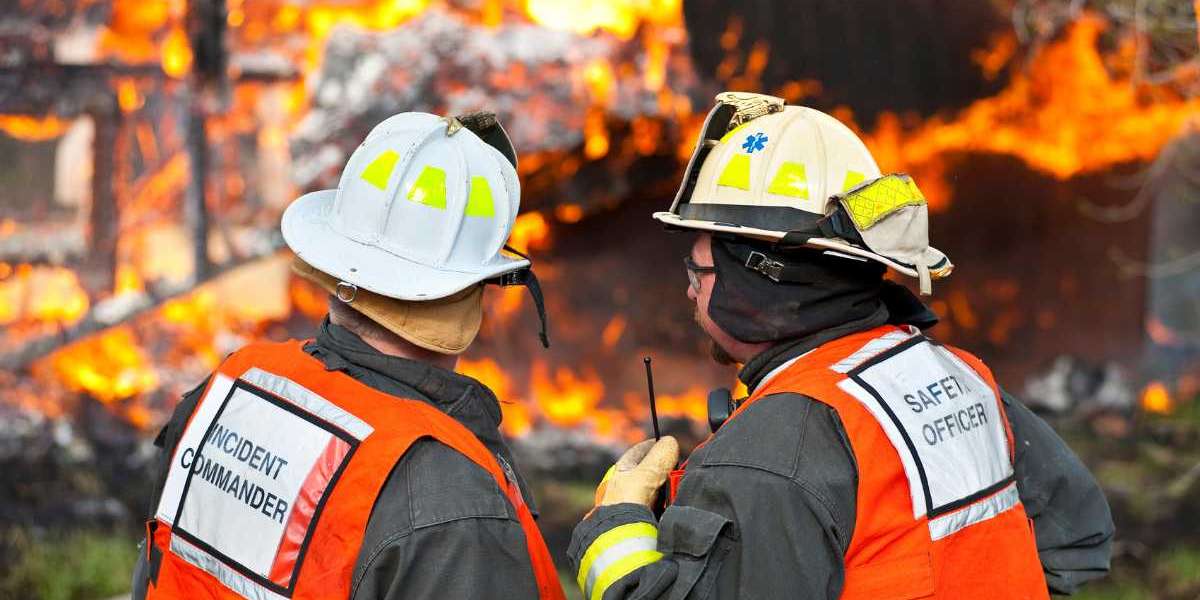Landfill sites are critical for managing waste, but they also pose significant risks due to the generation of explosive gases like methane and carbon dioxide. These gases are byproducts of organic waste decomposition and can create dangerous conditions if not properly managed. Understanding and mitigating these risks is essential for environmental safety and workplace compliance. A NEBOSH Course in Pakistan offers specialized training to equip professionals with the skills to handle such challenges effectively.
By studying the NEBOSH Course in Pakistan, safety officers and environmental managers can learn how to identify, assess, and mitigate hazards associated with landfill gas. This training is crucial for implementing robust safety measures to protect workers, nearby communities, and the environment. Below, we explore practical strategies to minimize the risk of explosive gases in landfill sites.
Understanding the Risks of Explosive Gases in Landfills
Landfills generate gases through anaerobic decomposition of organic matter. Methane, the primary gas, is highly flammable and can lead to explosions when it accumulates in confined spaces. Another concern is the displacement of oxygen, which can create asphyxiation hazards for workers.
NEBOSH in Pakistan equips professionals with the knowledge to monitor and manage these risks effectively. Comprehensive gas detection and control measures form the backbone of landfill safety protocols.
Key Strategies to Mitigate Risks
1. Gas Monitoring Systems
One of the most effective ways to prevent explosive gas buildup is by installing reliable gas monitoring systems. These systems continuously measure methane and carbon dioxide levels in landfill environments.
- Fixed Monitoring Systems: Ideal for long-term operations.
- Portable Detectors: Useful for spot checks and inspections.
With training from a NEBOSH Course in Pakistan, safety officers can learn how to interpret gas readings and take corrective actions promptly.
2. Adequate Ventilation
Ventilation systems play a critical role in dispersing landfill gases. Proper airflow prevents gas accumulation in confined spaces like landfill caps and nearby facilities.
Professionals trained in NEBOSH in Pakistan understand how to design and maintain ventilation systems that align with safety standards.
3. Gas Collection Systems
Implementing gas collection systems can reduce the risk of explosive gas buildup. These systems capture landfill gases and direct them to a central point for treatment or use.
- Flare Systems: Burn off excess methane to prevent accumulation.
- Energy Recovery Systems: Convert methane into electricity or heat.
Knowledge gained through a NEBOSH Course in Pakistan helps in designing effective gas collection systems while ensuring compliance with environmental regulations.
Regulatory Compliance and Safety Audits
1. Adhering to Local Laws
Compliance with local safety and environmental laws is mandatory. In Pakistan, training from NEBOSH in Pakistan prepares professionals to align with regulations that govern landfill operations and gas management.
2. Conducting Regular Audits
Routine safety audits are crucial to identifying weaknesses in landfill gas management. Professionals trained in NEBOSH Course in Pakistan are skilled in conducting these audits, ensuring operational safety.
Worker Safety Protocols
1. Training and Awareness
Educating workers about the hazards of explosive gases is essential. A NEBOSH Course in Pakistan provides the framework for effective safety training programs. Workers must understand:
- How to use personal protective equipment (PPE).
- Emergency response protocols for gas leaks or explosions.
2. Emergency Preparedness
Emergency plans should be in place to handle gas leaks or fires. These plans include evacuation procedures, first aid, and coordination with emergency services. Professionals trained in NEBOSH in Pakistan excel in creating and implementing such plans.
Advanced Technologies in Gas Management
1. Biogas Utilization
Transforming landfill gas into biogas is a sustainable solution that mitigates explosive risks while generating energy. Training from a NEBOSH Course in Pakistan emphasizes the importance of integrating sustainable practices into safety management.
2. Smart Monitoring Tools
Modern technologies like IoT-enabled gas detectors provide real-time data and predictive analytics, enhancing the safety of landfill operations. Professionals skilled in NEBOSH in Pakistan can effectively utilize these tools.
Conclusion
Minimizing the risks associated with explosive gases in landfill sites is a multifaceted challenge that requires technical expertise, regulatory knowledge, and proactive management. The NEBOSH Course in Pakistan is an invaluable resource for professionals seeking to enhance their skills in this area. By implementing effective gas monitoring, ventilation, and collection systems, along with robust worker safety protocols, organizations can ensure the safe and efficient operation of landfill sites.
For those in Pakistan looking to make a significant impact in the field of health, safety, and environmental management, pursuing NEBOSH in Pakistan is a strategic step toward professional growth and operational excellence.



